For kitchen professionals, the art of maintaining a cast iron skillet is as crucial as perfecting a signature dish. The challenge lies in achieving effective cast iron cleaning without damaging seasoning. Seasoning is what gives these pans their non-stick magic and enhances the flavor of countless dishes. But how do you clean your cast iron without stripping away this precious layer?
Let's delve into the world of cast iron care and explore the best practices to ensure your skillet remains in top condition, all while preserving that vital seasoning that makes your culinary creations exceptional.
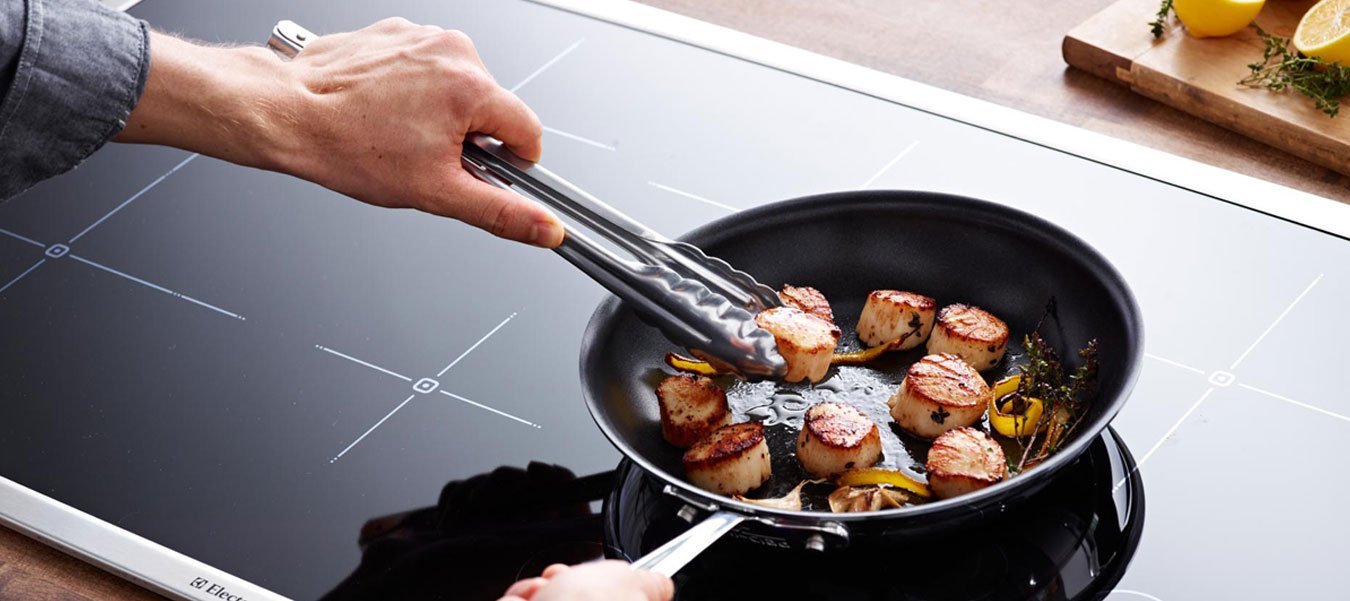
Understanding the Importance of Seasoning
Seasoning is not just a layer of oil that's baked onto your cast iron; it's a polymerized shield that protects against rust and helps food slide right off. For kitchen professionals, understanding the chemistry behind seasoning can be as important as any cooking technique. This knowledge is vital for ensuring that your equipment remains as effective as possible.
Why Seasoning Matters
Seasoning adds a layer of flavor to your dishes and creates a natural non-stick surface. This is especially important in a professional environment where speed and efficiency are paramount. A well-seasoned pan can enhance the texture and flavor of your dishes, making it an indispensable tool in any kitchen.
Best Practices for Cast Iron Cleaning
The goal of cleaning your cast iron is to remove food particles and prevent rust while maintaining the seasoning. Here are some professional tips:
Avoid Harsh Soaps
Using harsh soaps can strip away the seasoning. Instead, use a mild soap, if necessary, or simply rely on hot water and a stiff brush. Remember, the goal is to clean without compromising the seasoning.
Dry Immediately
After washing, dry your cast iron immediately to prevent rust. You can use a towel or place it on a stovetop over low heat to ensure all moisture evaporates.
Re-season as Needed
If you notice that your seasoning is wearing thin, it's time to re-season. Apply a thin layer of vegetable oil and bake the skillet upside down in the oven to restore its non-stick properties.
Common Mistakes to Avoid
Even seasoned professionals can make mistakes when cleaning cast iron. Here are some pitfalls to avoid:
Soaking in Water
Never soak your cast iron in water. Prolonged exposure to moisture can lead to rust, which can damage your equipment and affect the flavor of your dishes.
Using Metal Scrubbers
While it's tempting to use metal scrubbers for tough food residue, they can damage the seasoning. Opt for a nylon scrubber or a dedicated cast iron cleaning tool to protect that precious layer.
Advanced Tips for Professionals
For those in professional kitchens, maintaining multiple cast iron skillets can be a daunting task. Here are some advanced tips to streamline the process:
Season in Bulk
If you manage multiple pans, consider seasoning them in bulk. This can save time and ensure that all your cookware is in peak condition.
Rotate Usage
Rotating the use of your cast iron pans can help prevent any one skillet from becoming overused, which can wear down the seasoning faster.
Invest in Quality Tools
Having the right tools on hand, such as dedicated scrubbers and high-quality oils for seasoning, can make all the difference. Investing in these tools can improve the longevity of your cast iron.
For more insights on maintaining your kitchen equipment, you might find this guide on cast iron skillets on induction cooktops helpful.
Conclusion
Maintaining a cast iron skillet is an art that requires knowledge and practice. By following these expert tips, kitchen professionals can ensure that their cast iron remains in top condition, providing a reliable cooking surface that's as flavorful as it is efficient.
For more professional cooking tips, check out these sizzling vegetarian recipes to inspire your next culinary creation.
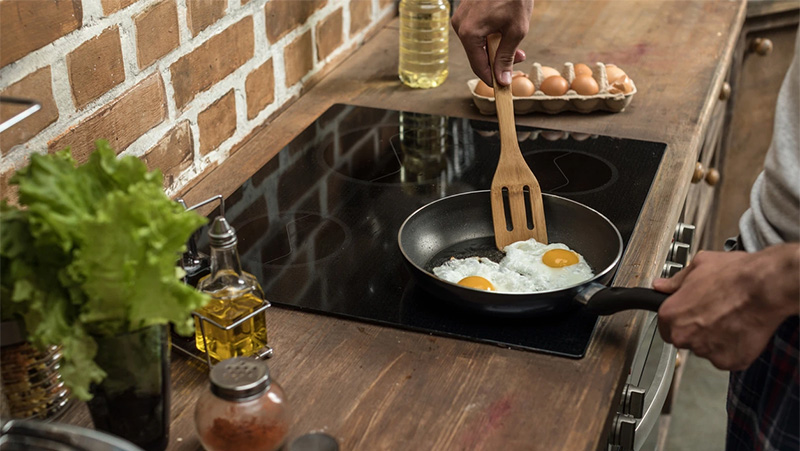
FAQ
How often should I season my cast iron skillet?
It depends on how often you use it. Frequent use may require re-seasoning every few months, while occasional use might only need it once a year.
Can I use soap on my cast iron?
Yes, but use it sparingly and opt for mild soap. Avoid harsh detergents that can strip the seasoning.
What oils are best for seasoning?
Neutral oils with high smoke points, such as vegetable or canola oil, are ideal for seasoning cast iron.
For a deeper understanding of how cast iron works with different cooking methods, explore this article on induction cooktops.

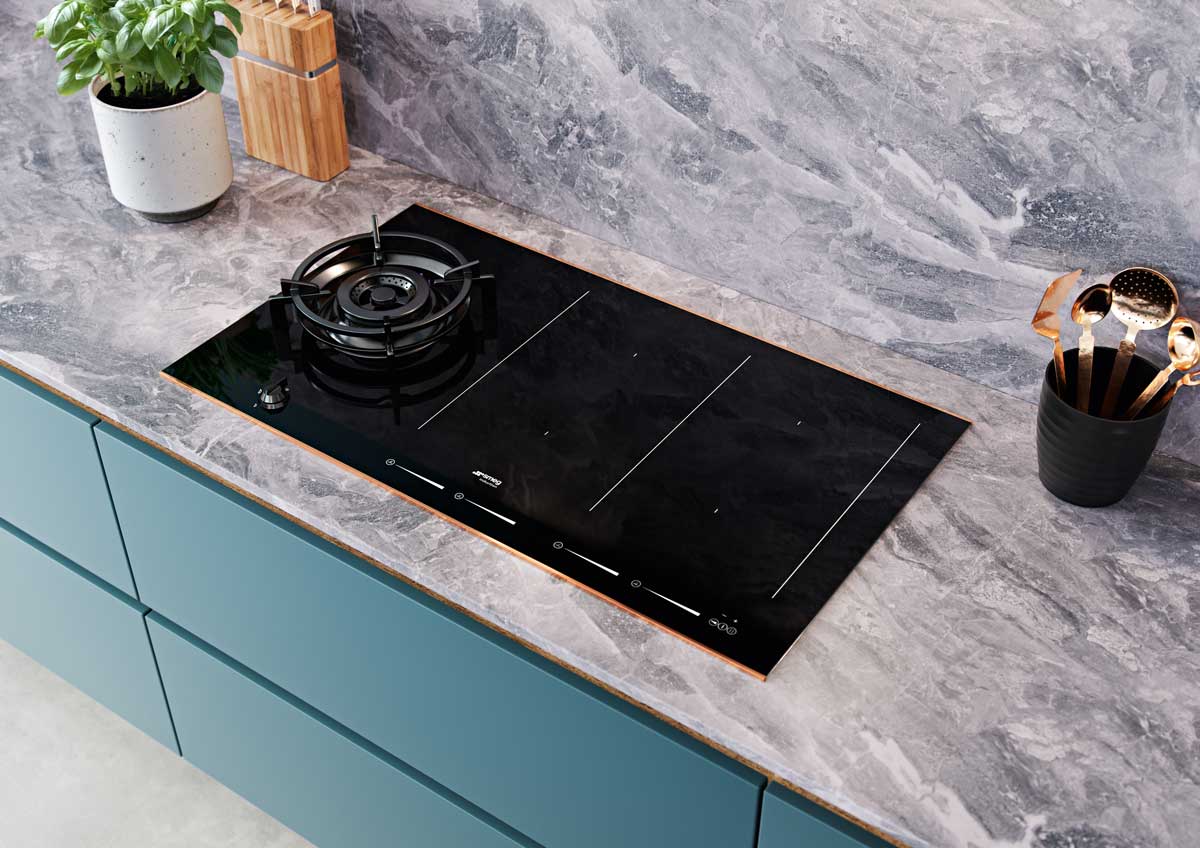


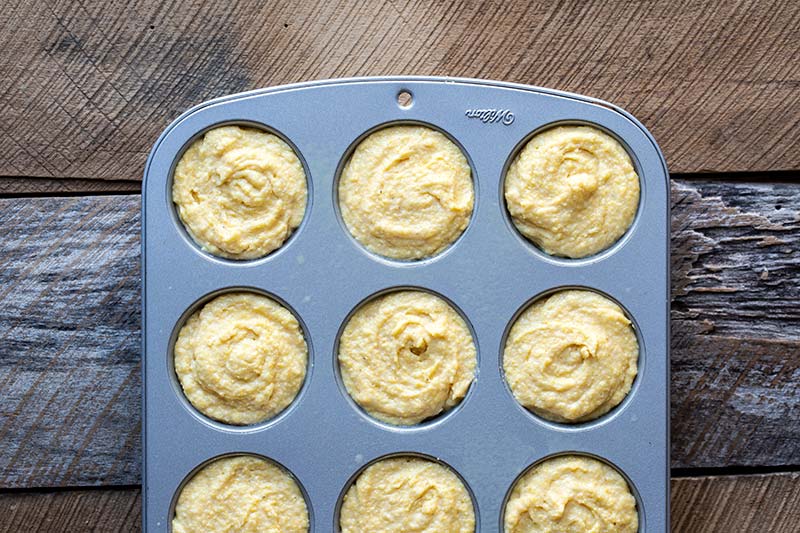
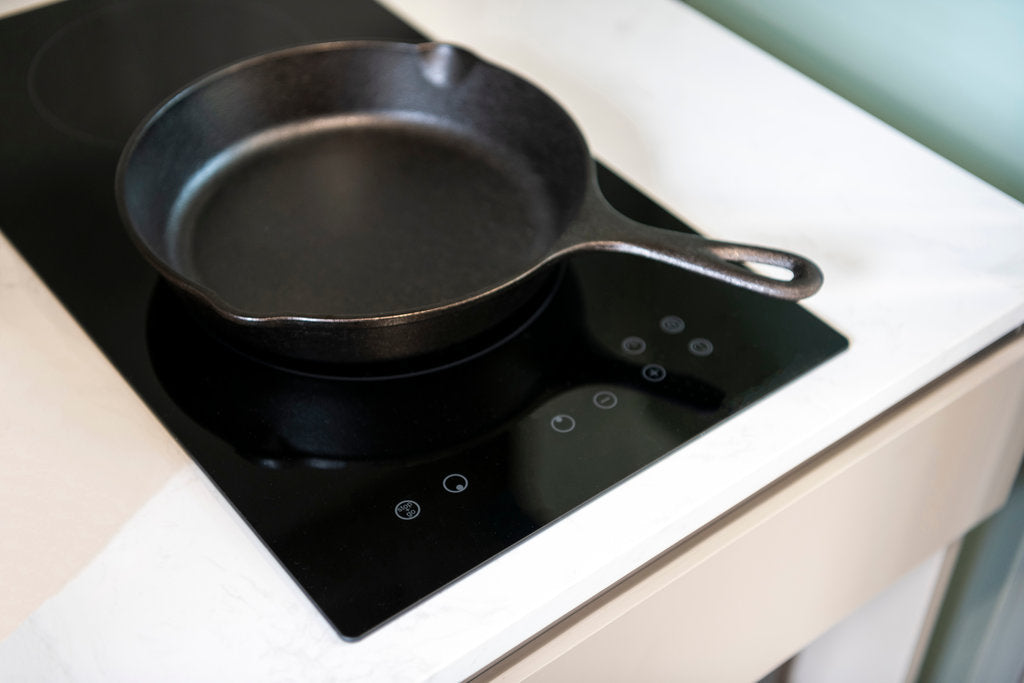
Leave a comment
This site is protected by hCaptcha and the hCaptcha Privacy Policy and Terms of Service apply.